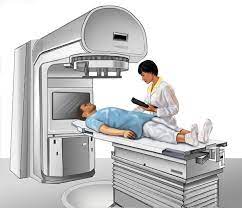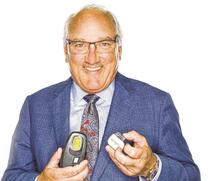Study finds that cataract surgery may reduce the risk of dementia |
The researchers also looked at glaucoma surgery, another type of eye operation that does not restore vision but can help prevent vision loss. It did not affect dementia risk.
The study, in JAMA Internal Medicine, adjusted for age at first diagnosis of cataracts as well as various risk factors for dementia, including a few years of education, smoking, a high body mass index, and hypertension.
The only trait that had a bigger impact on dementia risk than cataract surgery was not carrying a gene called APOE-e4 that is linked to increased risk of Alzheimer's disease.
"The authors were incredibly thoughtful in how they approached the data and considered other variables," said Dr. NathanielA. Chin, an assistant professor of medicine at the University of Wisconsin, was not involved in the study. "They compared cataract surgery to non-vision-improving surgery — glaucoma surgery — and controlled for many important confounding variables." Dr. Chin is the medical director of the Wisconsin Alzheimer's disease Research Center.
"We were astounded by the magnitude of the effect," said the lead author, Dr. Cecilia S. Lee, an associate professor of ophthalmology at the University of Washington.
The authors note that this is an observational study that does not prove cause and effect. But they suggest that this may be the best kind of evidence attainable, since a randomized trial in which only some people are allowed to get cataract surgery would be both practically and ethically impossible.
"People might say that those who are healthy enough to have surgery are healthier in general, and therefore less likely to develop dementia in any case," Dr. Lee said.
"But when we see no association in glaucoma surgery, that supports the idea that it isn't just eye surgery or being healthy enough to undergo surgery, but rather that the effect is specific to cataract surgery."
The findings bolster earlier research showing that vision loss — as well as hearing loss — are important risk factors for cognitive decline. People who have trouble seeing or hearing, for example, may withdraw from activities like exercise, social interactions, reading, or intellectual pursuits, all of which are tied to a lower risk of dementia.











 RSS Feed
RSS Feed